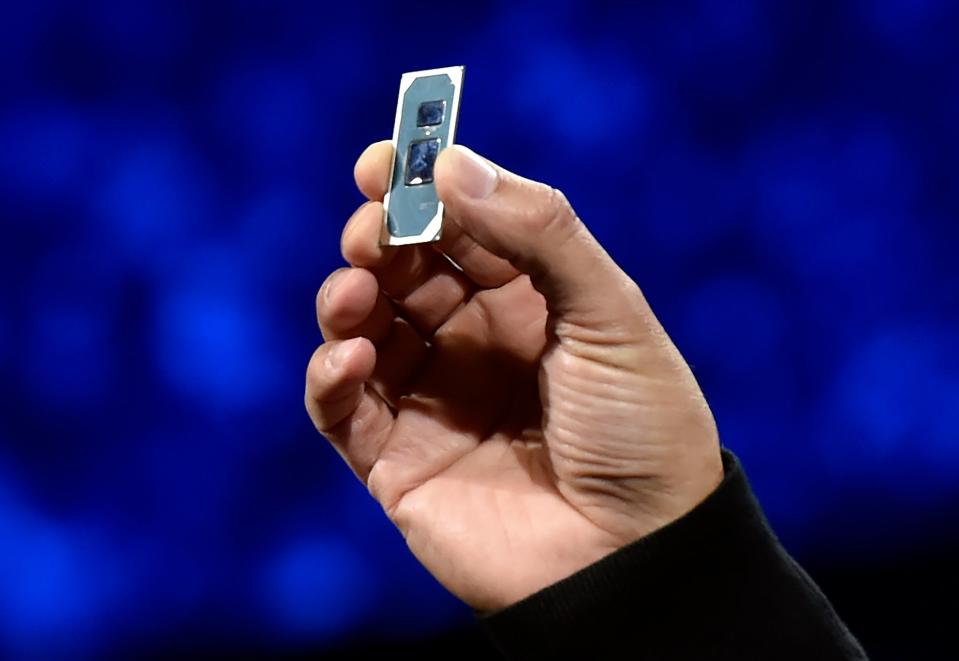Chip problems affecting everything from PS5 to electric cars to continue for ‘years’, Intel boss warns again

The global shortage of computer chips that has caused issues for everything from the PlayStation 5 to cars could last for “years”, the head of Intel has warned.
The issues – caused by an array of problems, from the effects of the coronavirus outbreak to trade wars – mean that semiconductors are in short supply. There is also vastly increased demand, as people buy new devices to work, study and play from home during lockdowns.
That has led to the shutdown of vehicle production lines, PlayStation 5s that are nearly impossible to buy, shortages of devices such as microwaves, and a range of other issues from the smallest to largest consumer goods. Since many devices have a computer chip of a kind, the effect has quickly spread across much of the market.
Pat Gelsinger, Intel’s chief executive, told a trade show that the issues had come about because the pandemic had caused a “cycle of explosive growth in semiconductors” that suppliers had been unable to keep up with.
"But while the industry has taken steps to address near term constraints it could still take a couple of years for the ecosystem to address shortages of foundry capacity, substrates and components,” he said during a virtual session at the Computex trade show in Taipei, according to Reuters.
Mr Gelsinger had previously indicated to the Washington Post that he saw the effects lasting for a “couple of years”, during an interview in April.
Intel has also annoucned that it plans to expand its production in response to the demand.
Mr Gelsinger is far from the only executive to warn of the continuing effects of the crisis. Laptop maker Acer, for instance, warned this week that it expected to have continuing making enough laptops until next year, and that at the moment it was only able to fill around half of the worldwide demand.
Read More
New Amazon feature will share users’ internet connection if they don’t opt out
‘Potentially hazardous’ asteroid the size of a skyscraper flying past Earth
